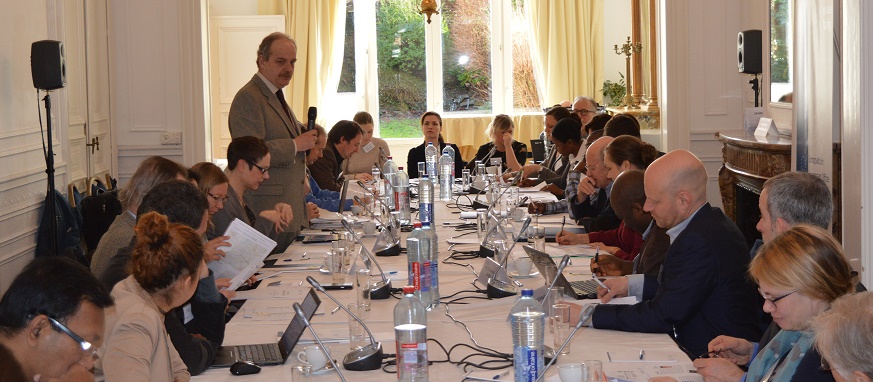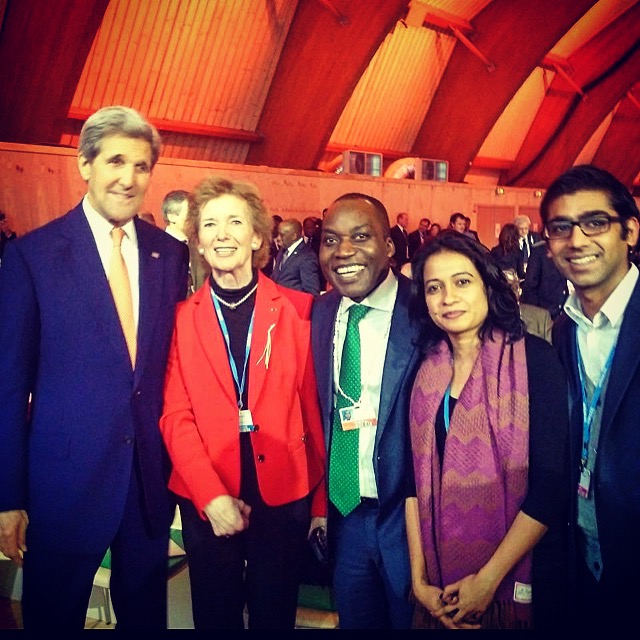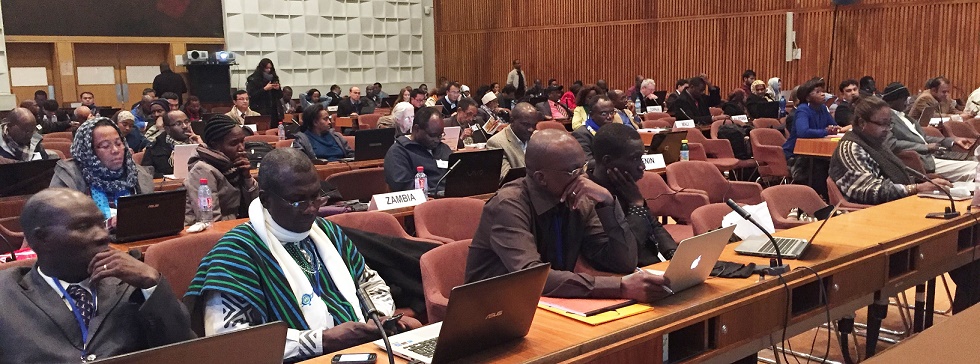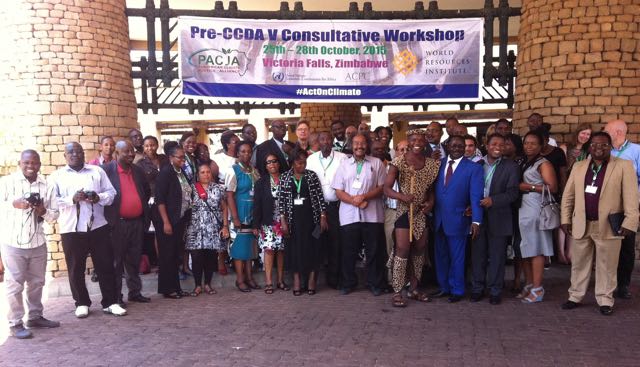10 March 2016
LRI attended a workshop in Brussels co-hosted by the Multinational Development Policy Dialogue of the Konrad-Adenauer-Foundation and Climate Strategies on “Balancing responsibility and solidarity in international climate negotiations”.
Under the new climate agreement adopted in Paris, parties have moved away from the formal differentiation between developed and developing countries established under the Convention and the Kyoto Protocol. However, the historical responsibility of industrialised countries for greenhouse gas emissions remains an important issue in the negotiations. This could intensify as climate impacts become more severe, and developing countries increasingly need to take adaptation action.
The workshop was part of a project to explore how the international community may recognize historical responsibility while facilitating forward-oriented and country-driven climate action by all parties. It focused on one possible set of tools developed specifically to manage and resolve conflicts and facilitate changes to the existing regime – transitional justice processes.
Speakers presented approaches, tools and lessons learnt from transitional justice experiences in different jurisdictions (e.g. South Africa). Participants had different views on whether and to what extent these may be relevant in the climate change context. LRI director Christoph Schwarte gave a presentation on legal issues, including loss and damage. The debate will contribute to the development of politically oriented, concrete proposals for the international climate context.





